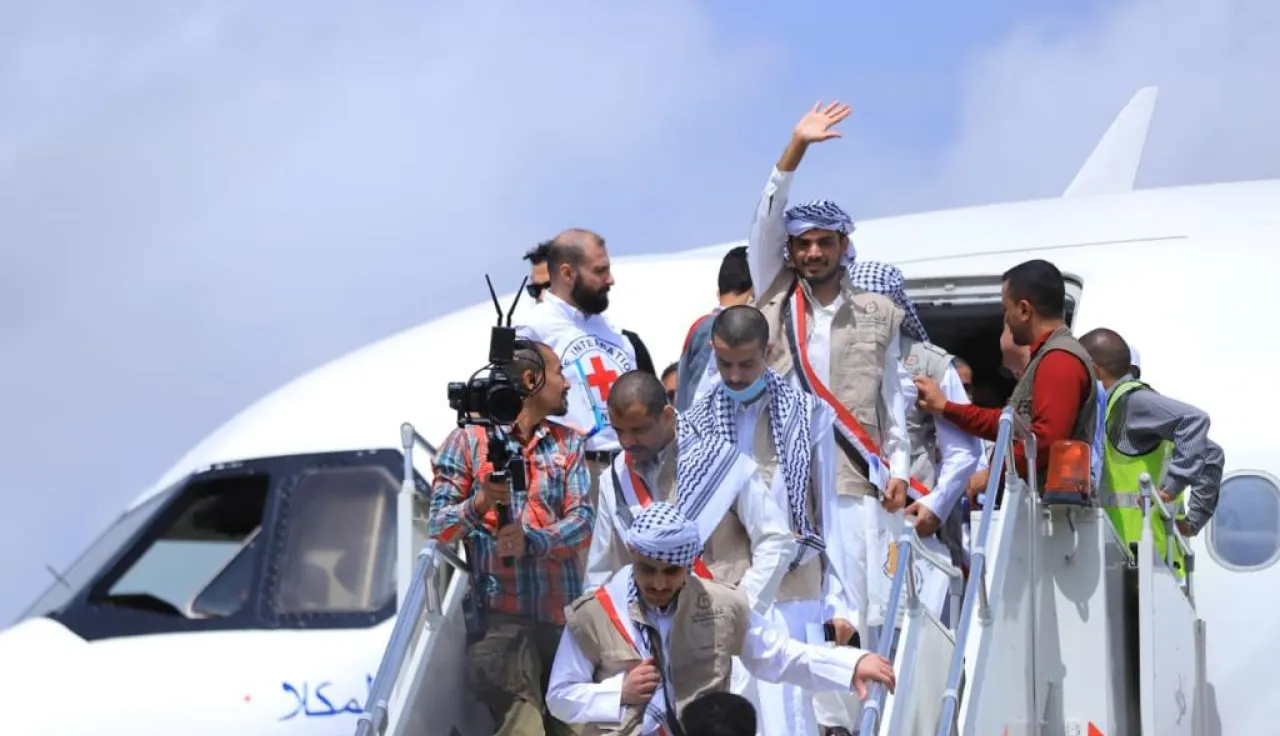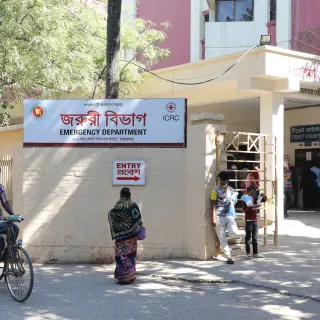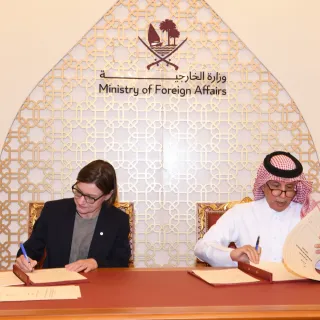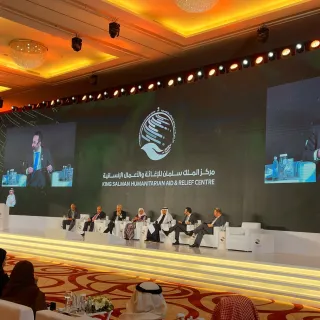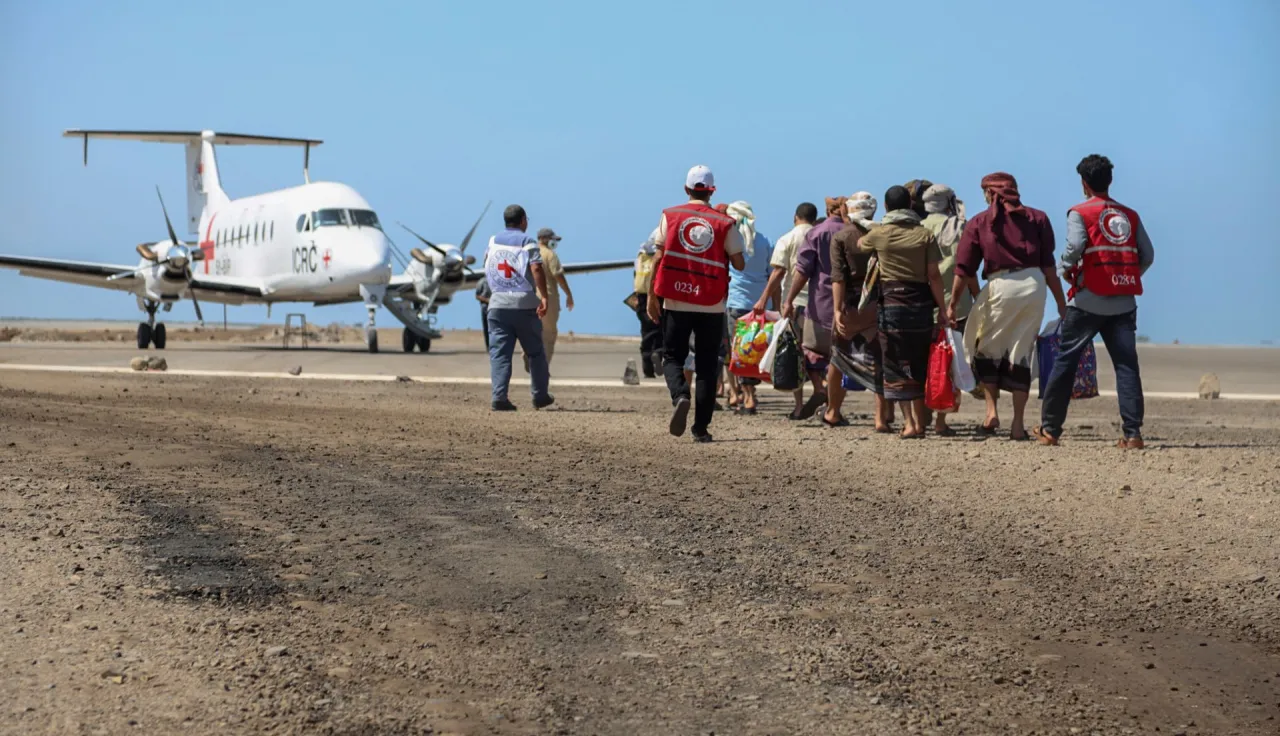Our work in Gulf Cooperation Council (GCC) countries
In the Gulf Cooperation Council (GCC) countries, the ICRC promotes and ensures respect for the rules of war and facilitates its operations worldwide through dialogue with government, civil society, and military and diplomatic officials. It works in places of detention, helps determine what happened to missing people, reunites families separated by armed conflict and migration, and works closely with the National Red Crescent Societies of Bahrain, Kuwait, Qatar, Saudi Arabia and the United Arab Emirates (UAE), and with other partner organizations

